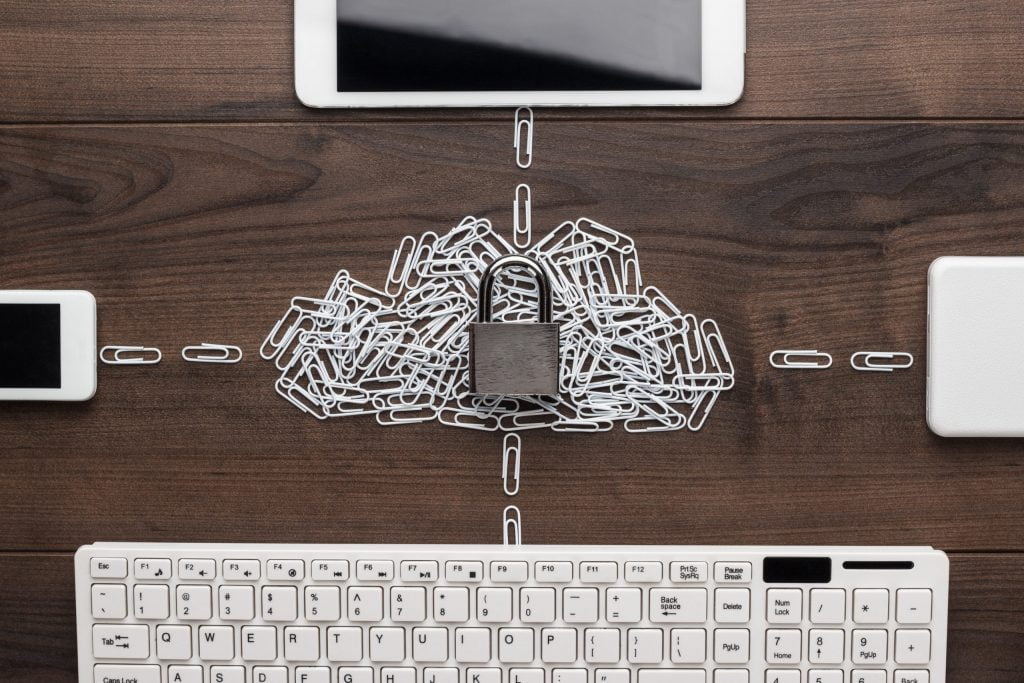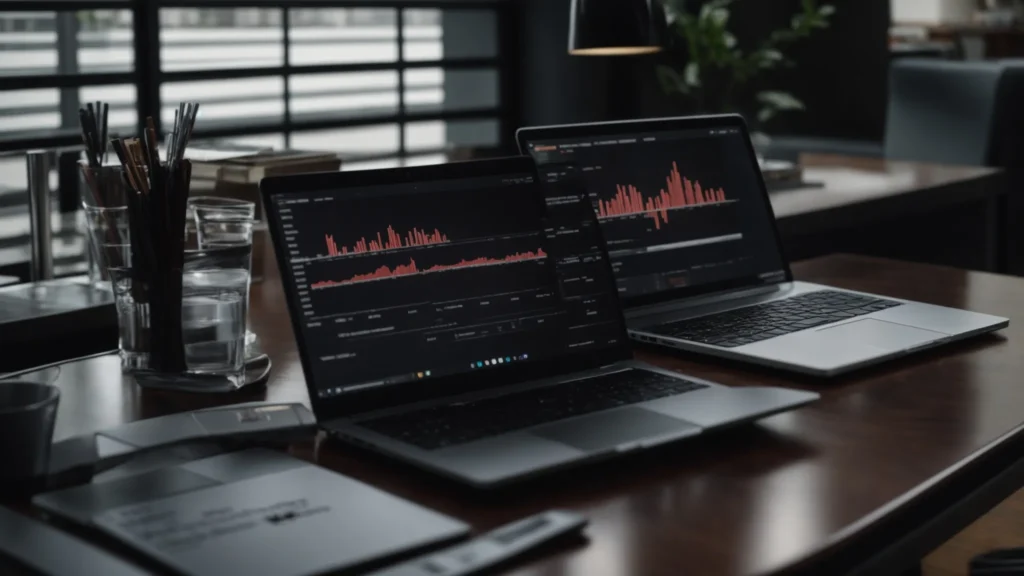Many companies today are collecting and storing large amounts of customer data. As the world becomes increasingly digitized, it’s more important than ever to keep your customer data secure and private. There are a few simple steps you can take to ensure customer data security and privacy. Keep reading to find out how.
Password Policies

In order to ensure the privacy and security of their customer data, companies should implement password policies. These policies will require employees to set strong passwords, change them often, and not share them with anyone.
Strong passwords are ones that are difficult to guess. They should contain a mix of letters, numbers, and symbols and should be at least eight characters long. Employees should be required to change their passwords at least every three months and should not use the same password for more than one account.
Employees should also be careful not to share their passwords with anyone. Even if someone swears they won’t tell anyone else, they can still be compromised. Password-sharing can also lead to other security issues, such as passwords being stolen by hackers.
Encryption

Encryption is a process of transforming readable data into an unreadable format. This can be done through the use of software, algorithms, and keys. When data is encrypted, it can only be accessed and used by those who have the proper key to decrypt it. This can help to protect customer data from being accessed by anyone who does not have permission to view it, including hackers.
When encrypting customer data, it is important to use a strong encryption algorithm that is not easily cracked. The AES algorithm is considered to be one of the strongest encryption algorithms currently available and is commonly used to encrypt data. RSA is also a strong encryption algorithm and is often used to encrypt data that is being sent over the internet. 3DES is another strong encryption algorithm that can be used to protect customer data.
Firewalls

One of the most important ways that businesses can protect their customer data is by implementing firewalls. Firewalls are a security measure that helps to prevent unauthorized access to a computer or network from outside sources. They work by blocking certain ports or traffic sources that are not authorized, which helps to keep your customer data safe from hackers and other malicious actors.
Data Breach Response Plan

Businesses should also ensure that they have a data breach response plan in place. A data breach response plan is a document that outlines the steps that you will take in the event that your business experiences a data breach. This is important because it helps you to be prepared in the event of a data breach.
Antivirus and Malware Protection

Antivirus and malware protection is also essential for protecting your customer’s data. Malware is a type of software that is designed to harm your computer or steal your data, and antivirus software is designed to protect your computer from malware.
It is important to have antivirus and malware protection in place for a number of reasons. First, malware can result in financial losses for your business and can also damage your reputation. Second, malware can spread quickly. If your computer is infected with malware, it can quickly infect other computers on your network. This can result in a major security breach that can harm your business and your customers. Third, antivirus and malware protection is essential for complying with data security regulations. Many data security regulations require businesses to take steps to protect their customer data from malware and other security threats.
Overall, it is important to keep your customer data secure and private. By taking the necessary precautions, you can help ensure that your customer data is safe and secure.












